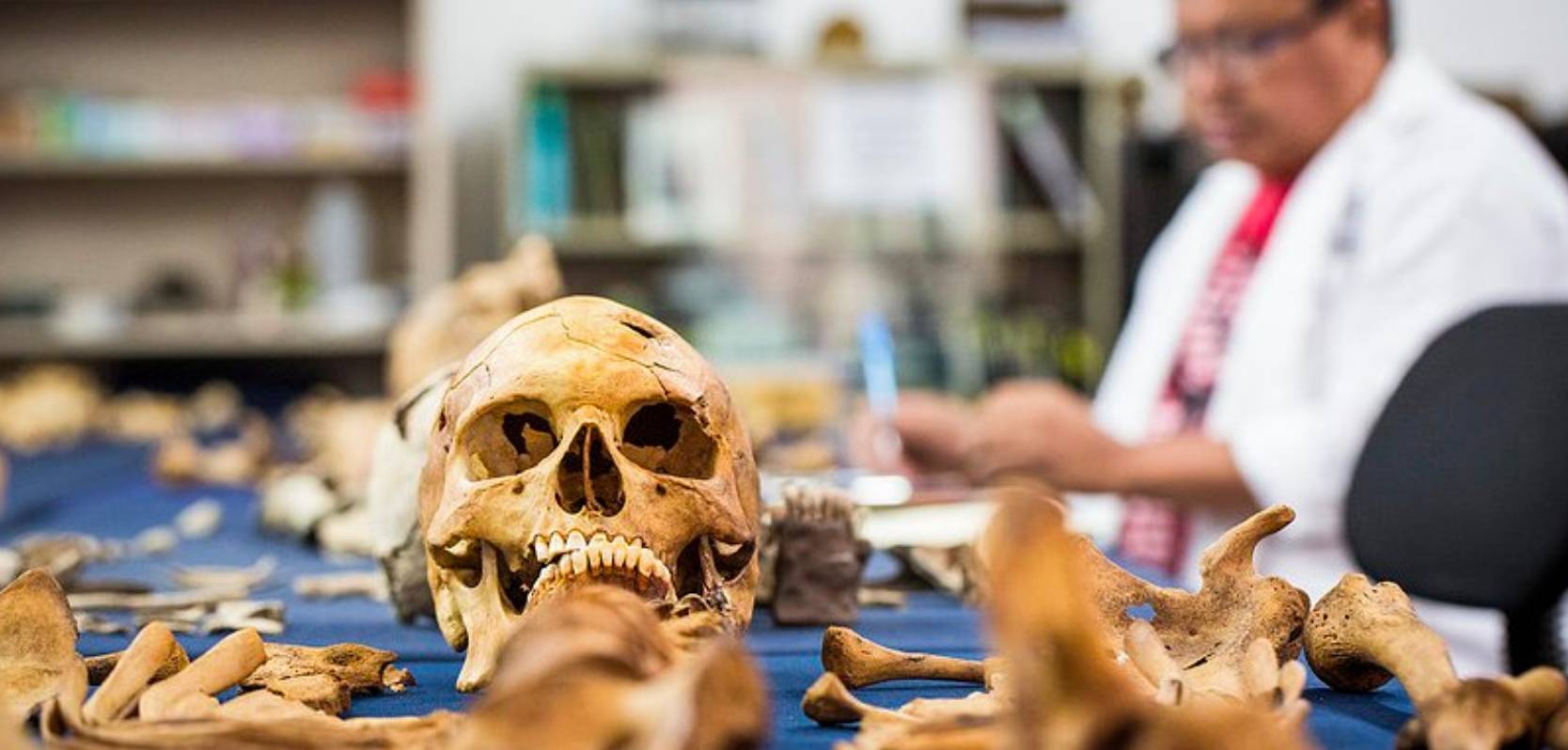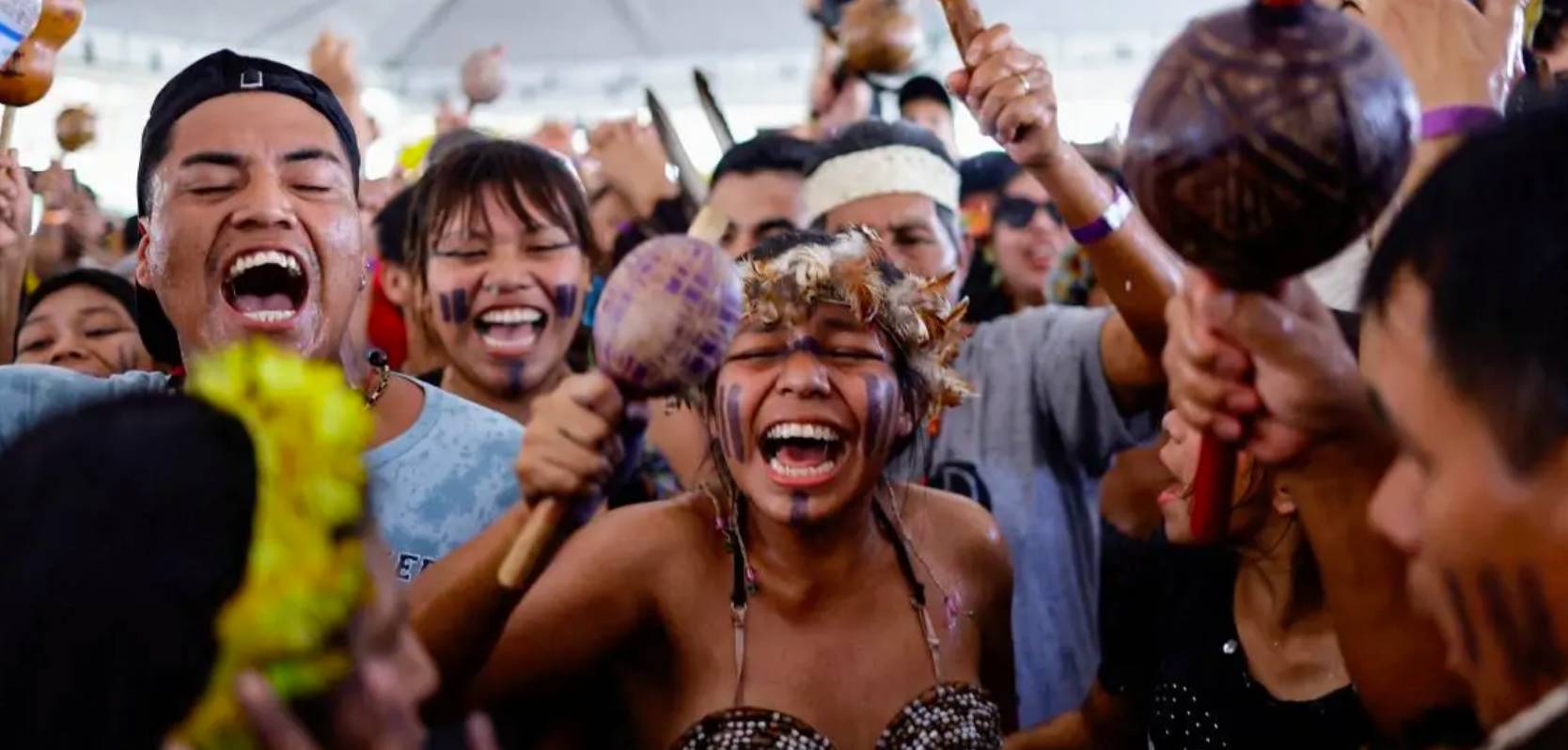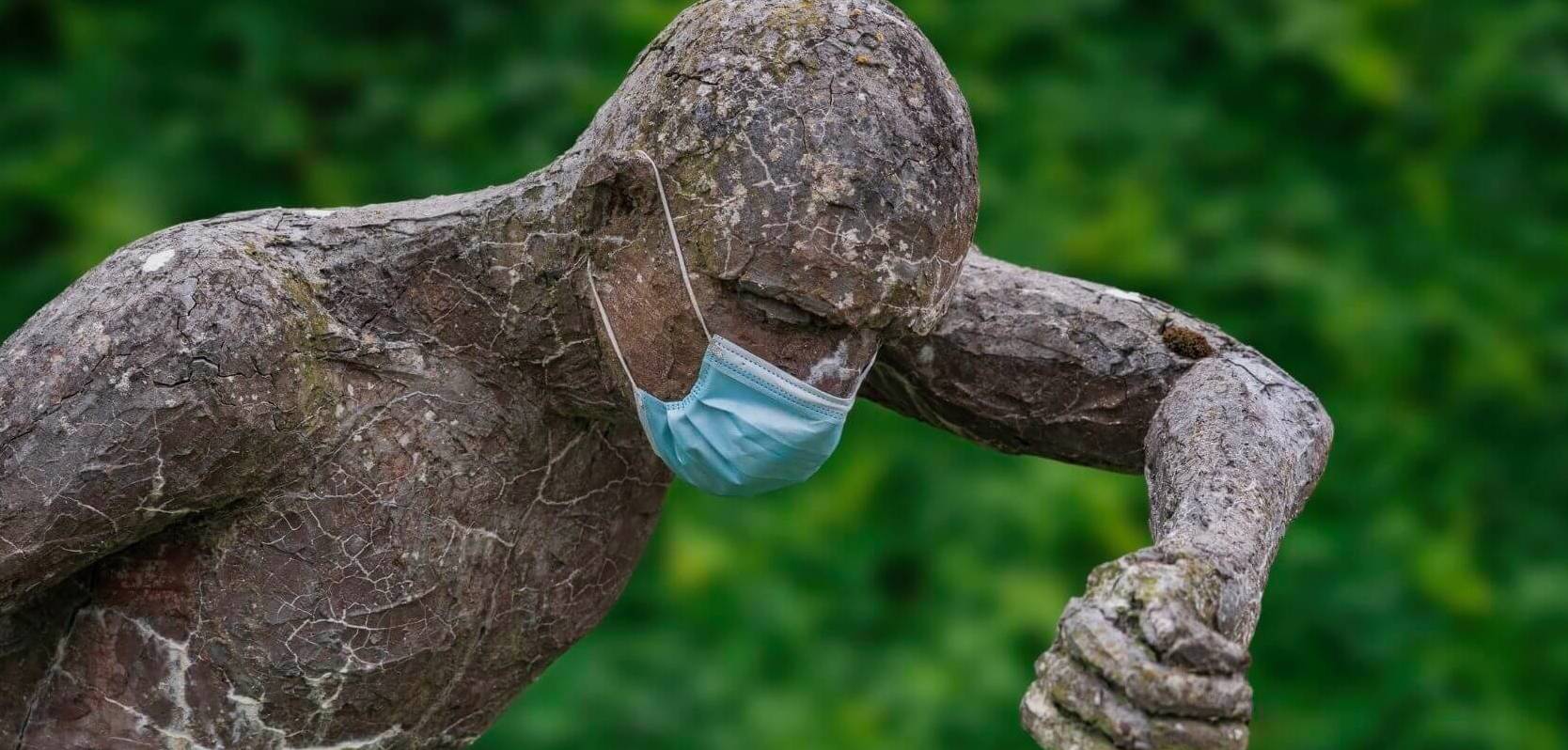Anthropology, as the science of understanding humans and their cultures, serves as a guide to a profound understanding of human diversity worldwide. In this anthropological chronicle, we reflect on how this discipline views, studies, and celebrates diversity in its most authentic forms. Anthropology leads us to contemplate the cultural diversity inherent in every society. Cultures and values that evolve in various corners of the world form the foundation of human identity. In anthropological research, we find that this diversity is an invaluable treasure trove of knowledge. From food traditions to religious ceremonies, each cultural element provides insights into unique worldviews.
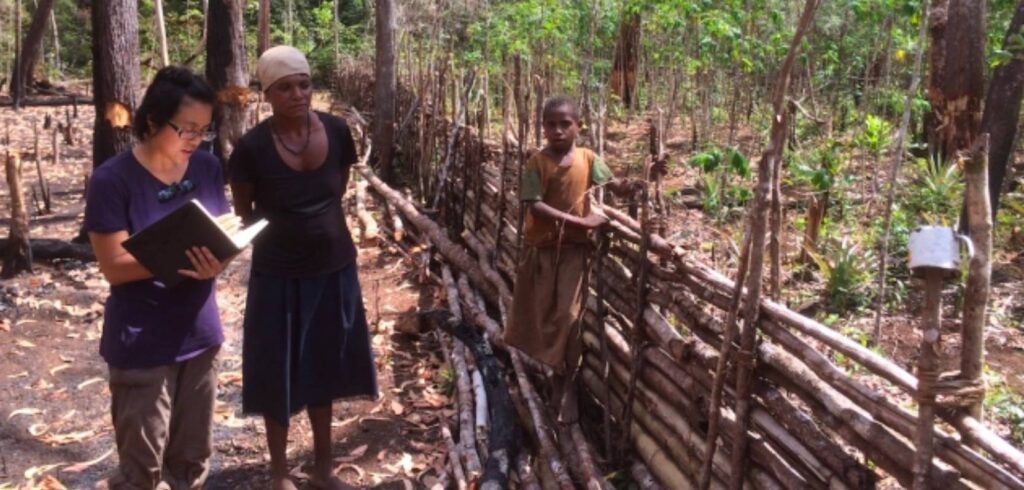
The anthropological chronicle notes how family dynamics and social relationships play a crucial role in shaping societal identities. In some cultures, family is defined more broadly than just blood relations, encompassing communities united by shared values. Diversity in family structures creates a legacy of life stories and traditions that preserve cultural roots.
Arts and cultural expression become a universal language that connects humans across different parts of the world. The anthropological chronicle records the role of art as a mirror of emotions, values, and cultural identity. From traditional dances to contemporary visual arts, each expression serves as a window into the uniqueness of each society.
In the era of globalization, the anthropological chronicle documents the dynamics of multicultural societies. How cultural encounters create new syntheses, breaking down cultural boundaries, and producing increasingly complex identities. Technological and communication developments bring people from diverse backgrounds together in the digital environment, creating space for the exchange of ideas and values
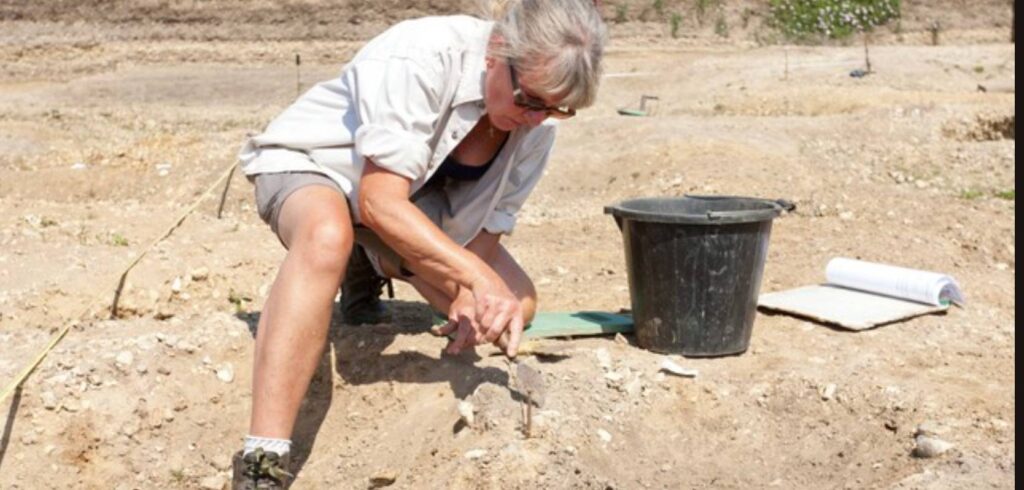
Anthropology not only records human diversity but also plays a key role in preserving traditions. Through in-depth studies of rituals, traditional ceremonies, and religious practices, anthropologists help societies understand the values that need to be preserved. They serve as bridges between generations, ensuring that cultural heritage does not get lost in the tide of modernization.
The anthropological chronicle on global human diversity invites us to explore the stories embedded in every corner of the world. From coastal hinterlands to bustling metropolitan centers, each place holds a cultural uniqueness waiting to be explored. In celebrating this diversity, anthropology contributes an invaluable role in our efforts to understand, respect, and preserve the cultural richness of humanity. With every note recorded in the anthropological chronicle, we come closer to a holistic understanding of the meaning of human life on this planet.




